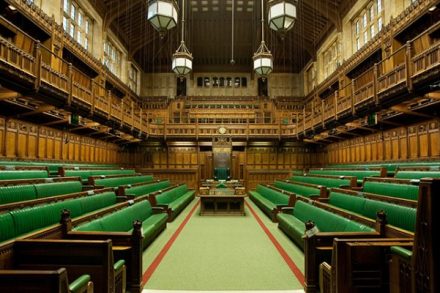Is Dyson’s Singapore move anything to do with Brexit?
Brexit has become the inverse of a pair of rose-tinted spectacles. It is the lens through which all negative economic news has come to be interpreted – and magnified. Yesterday, the IMF published its latest forecasts for global economic growth. One might well ask what use this material is, given the IMF’s past record at economic forecasting. But whether these forecasts are of any value or not, they have, predictably enough, been jumped on by the Remain-supporting media in order to scribble yet another chapter of anti-Brexit narrative. Indeed, according to this narrative, it is not just Britain which seems to be suffering now from the moronic, misinformed decision of





















